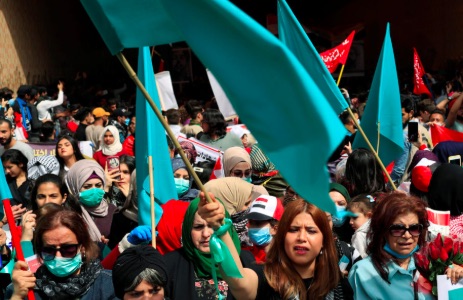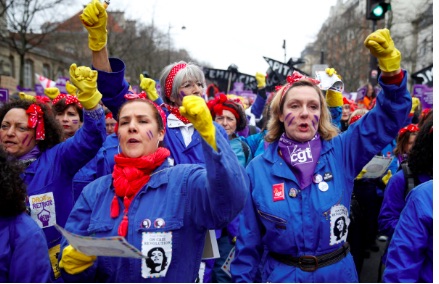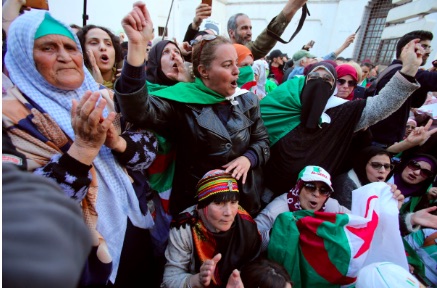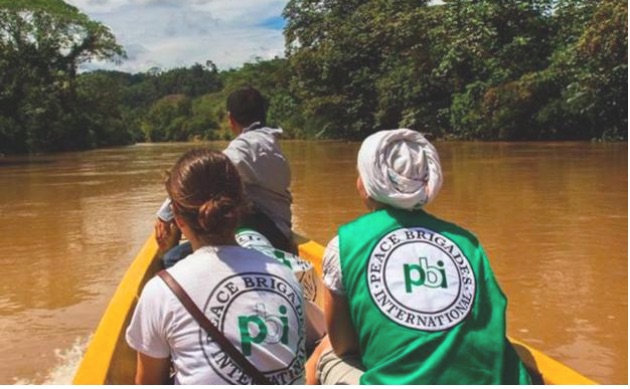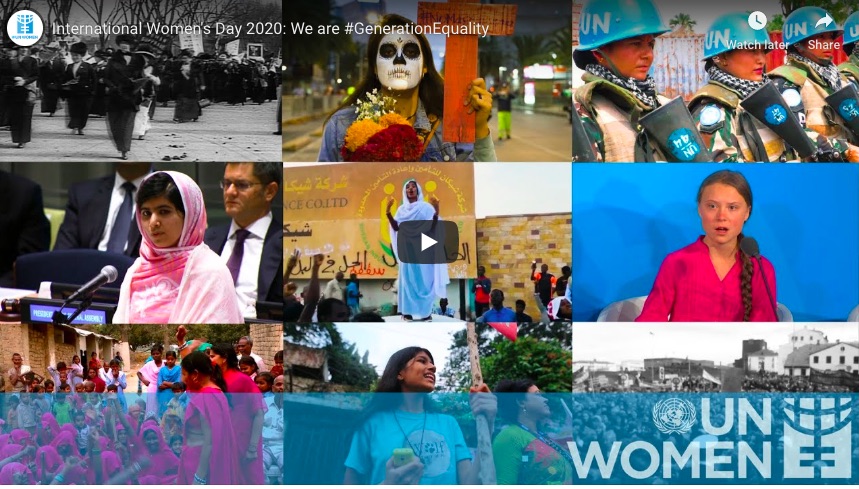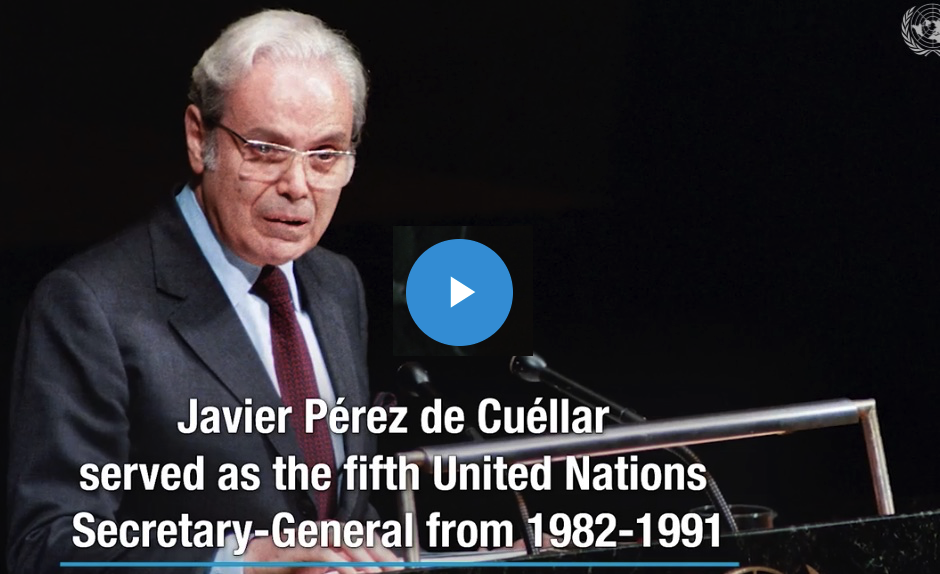. WOMEN’S EQUALITY .
An article by Natalia A. Ramos Miranda from Reuters (reprinted by permission)
As the long southern hemisphere summer holiday draws to an end this month, students in Chile are returning to college – but not always to classes. Many are getting ready to head out into the streets and breathe new life into the protests that rocked the country last year.

Emilia Schneider
Organizers of marches to mark International Women’s Day on Sunday are hoping to attract large crowds. Last year, an estimated 200,000 to 300,000 attended the one in Santiago.
One of the loudest and most influential voices pressing for change is Emilia Schneider, a transgender, feminist and militant leftist who is the leader of the Student Federation of the University of Chile (Fech), the country’s oldest student union.
The Fech is known for its role in demonstrations for free education between 2011 and 2013 that brought Chile and its student leaders global attention. But it was caught on the backfoot in October last year when civil disobedience over public transport fare hikes spiralled into weeks of widespread violence and demonstrations over inequality and elitism.
The protests were Chile’s most profound unrest since the end of Augusto Pinochet’s dictatorship in 1990. They cost the economy millions of dollars, at least 31 people died, more than 3,000 were injured, and 30,000 were arrested.
Now, the Fech is joining in, and has endorsed the protesters’ demands for deep societal changes.
“We are the sons and daughters of neo-liberal Chile and the shortcomings that came with it,” Schneider, a 23-year-old law student, told Reuters this week in an interview at the headquarters of the Fech.
(Article continued in right column)
Do women have a special role to play in the peace movement?
Prospects for progress in women’s equality, what are the short and long term prospects?
(Article continued from left column)
“We had seen years of protests in this country but the demands had not been heeded,” she said, citing the highly privatised provision of services such as health, education and pensions that had sparked a “sense of discomfort that built up over years.”
Schneider said she has benefited from a Gender Identity Law that allows people to legally change their name and sex and took effect in December last year. The passing of the law caused shockwaves in the historically conservative and predominantly Catholic country, where divorce was legalized just 16 years ago and abortion is allowed only in extreme situations.
She argues that her gender change was only made possible by her privileged position as a student leader and the support of her liberal family. Many like her still face job insecurity, discrimination, and patchy access to health services, she said.
Schneider has a potent link to the country’s dark past: her great-grandfather was General Rene Schneider, a well-known figure in Chile who opposed plans for a military coup in 1970 and was killed by a far-right group.
Older Chileans lived through the chilling effect of the 1973-1990 dictatorship but younger people protesting had less “fear of participating in politics,” she said.
President Sebastian Pinera has sought to address protesters’ grievances by sacking his most unpopular ministers and introducing new laws to improve salaries, pensions and healthcare. He also backed a growing clamour for a new constitution to replace the incumbent drafted during the Pinochet regime.
But many remain dubious about his ability to push the laws through a divided Congress and, if he does, how much change they will really bring.
Schneider has turned her organization’s focus to lobbying for influence over the new constitution and specifically the participation of more women in the drafting of the new text if it is approved in a referendum on April 26.
“We want a feminist constitution,” she said, “one that guarantees sexual and reproductive rights, gender equality and greater participation by women and those who do not conform to traditional genders.”
Chile may be changing, she said – but not fast enough. “We have to keep seeking new policies to generate fresh changes,” she said. “Protests alone will not get us there.”


